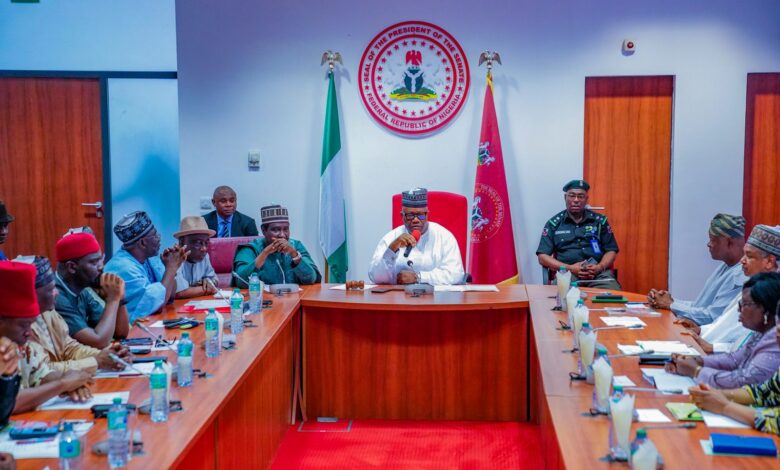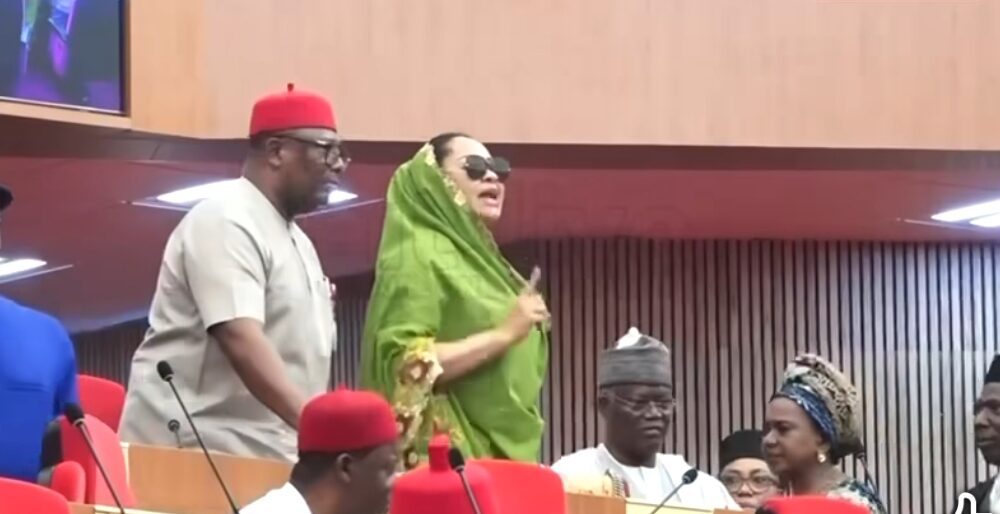The Senate has approved a bill that increases the minimum capital requirements for insurance companies operating in Nigeria from ₦2 billion to ₦10 billion.
The bill also raised the minimum capital for reinsurance companies from ₦10 billion to ₦35 billion, and for non-life insurance companies, the requirement was increased from ₦3 billion to ₦15 billion.
The bill was passed after the Senate considered the report of its Committee on Banking, Insurance, and other Financial Institutions, which was presented by the committee chairman, Senator Adetokunbo Abiru.
The bill after going through clause-by-clause consideration at a session chaired by Deputy Senate President, Senator Barau Jibrin was passed with overwhelming support from senators during a voice vote.
The provisions of the bill seek to regulate the insurance business in Nigeria by consolidating several existing laws, including the Insurance Act of 2003, the Marine Insurance Act, the Motor Vehicles (Third Party Insurance) Act, the National Insurance Corporation of Nigeria Act, and the Nigerian Reinsurance Corporation Act.
The bill was sponsored by Senator Abiru, who represents Lagos East Senatorial District.
A key provision of the bill, Section 15, outlines the minimum capital requirements for various categories of insurance businesses:
For non-life insurance business, the minimum capital will be ₦15 billion or a risk-based capital determined by the Nigerian Insurance Commission.
For life assurance business, the minimum capital will be ₦10 billion or a risk-based capital determined by the Commission.
For reinsurance business, the minimum capital will be ₦35 billion or a risk-based capital determined by the Commission.
Senator Abiru, while presenting the report, explained that the increases were necessary due to the depreciation of the Nigerian currency and the need for Nigeria’s insurance industry to become more competitive internationally. He also emphasized that existing insurance laws were outdated and no longer addressed the contemporary challenges or supported growth and innovation in the sector.
“These legal obsolescence has led to regulatory inefficiencies in the insurance industry and hampered its ability to compete on a global level,” Abiru said. “The new provisions will contribute positively to the insurance industry and help Nigeria become Africa’s financial hub, as well as one of the 20 largest economies in the world.”
However, Senator Jimoh Ibrahim of Ondo South raised concerns that the capital increase would lead to the extinction of some insurance companies, particularly because only one reinsurance company currently operates in the country. He argued that the increase, alongside the requirement to deposit 20% of the capital in the Central Bank of Nigeria, would make it impossible for companies to survive. Ibrahim recommended maintaining the current ₦2 billion capital requirement.
His concerns were not supported, and the Senate proceeded with the bill’s passage. The bill will now be sent to the House of Representatives for concurrence before being transmitted to President Bola Tinubu for assent.
Once signed into law, insurance companies operating in Nigeria will be required to meet the revised minimum capital requirements to continue their operations.





